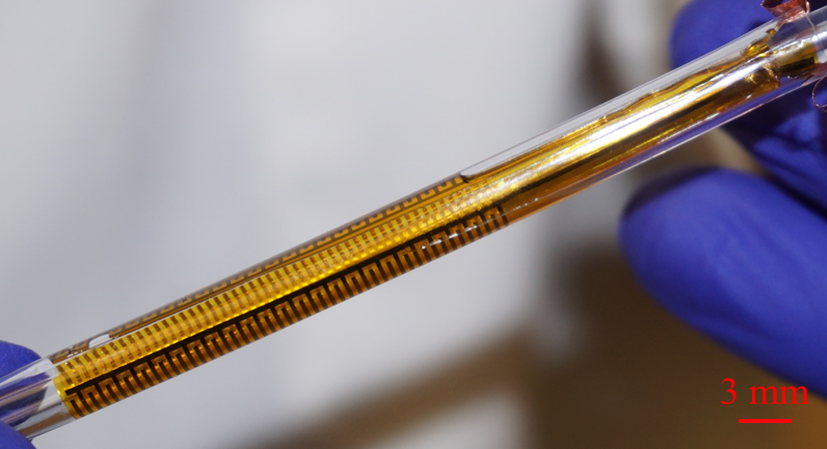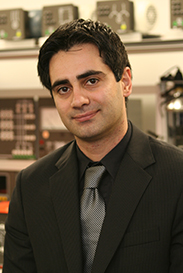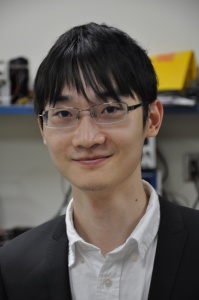News Story
Work by Khaligh, Ghodssi nominated for UM 'Invention of the Year' awards
Faculty from the Institute for Systems Research have been nominated in two categories for the University of Maryland’s 2018 Invention of the Year awards.
These awards honor exceptional inventions with the potential to influence science, society, and the free market. A total of nine nominees were named across three categories: Physical Sciences, Life Sciences, and Information Sciences. One invention from each category will win the Invention of the Year Award on April 11 at “Innovate Maryland,” the university’s annual celebration of research and innovation.
In the Physical Sciences category, Associate Professor Alireza Khaligh (ECE/ISR) and his Ph.D. students Jiangheng Lu and Ayan Mallik have been nominated for their invention, “Integrated Power Electronics Interface for Enhanced Electric Vehicle Charging.”
Hybrid and all-electric vehicles are steadily gaining popularity, but their charging systems are not yet sophisticated enough for more widespread adoption. These vehicles currently have two separate chargers: one for the engine and one for the onboard “infotainment” system. Khaligh, Lu and Mallik have invented a new interface that simplifies the circuitry in electric vehicles and allows the entire vehicle to be charged through a single charger. Their system is simple enough to be incorporated into many vehicle makes and models. It also allows the car battery to be used as a power source in the event of a power outage.
In the Life Sciences category, Professor Reza Ghodssi (ECE/ISR), his postdoctoral researcher Pradeep Rajasekaran and his Ph.D. student Ryan Huiszoon, have been nominated for their invention, “Flexible Urinary Catheter Inserts to Detect and Prevent Bacterial Infections.”
Catheters are often used to help drain urine from the body in patients suffering from a variety of illnesses. However, difficult-to-treat bacterial biofilm often forms on the surface of catheters, infecting the body. Ghodssi, Rajasekaran and Huiszoon have invented a flexible catheter insert that can delay or even prevent the biofilms from forming, detect the formation of bacterial biofilms, and alert physicians that the biofilm has formed, allowing for real-time monitoring and prompt intervention. You can learn more about this research here.
Research at the University of Maryland
In 2017, more than 170 inventions were disclosed, 52 patents were obtained and 46 technologies were licensed. The university also received the largest investment in its history, totaling $219.5 million from the A. James and Alice B. Clark Foundation. Researchers broke barriers in fields related to agriculture, information management, biotechnology, and energy, making discoveries and inventing technologies that have the potential to make positive impacts on the planet and on people’s lives around the globe.
Published March 7, 2018




